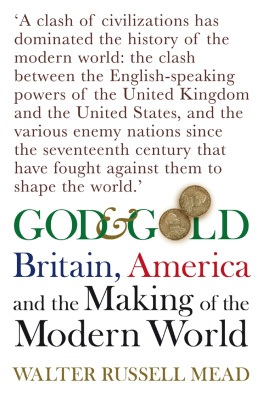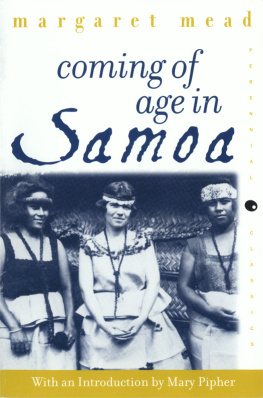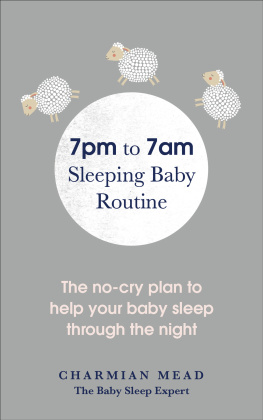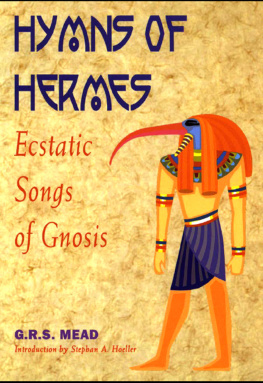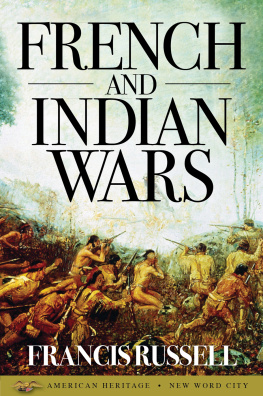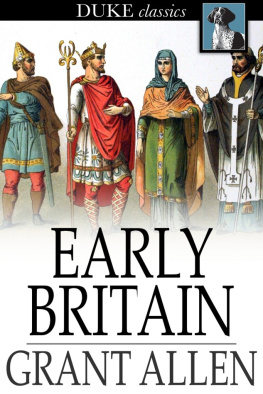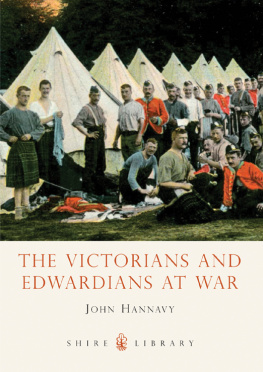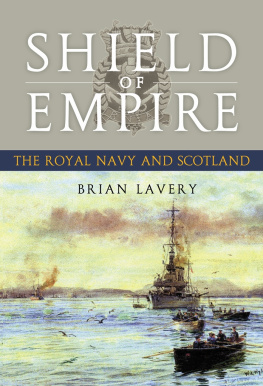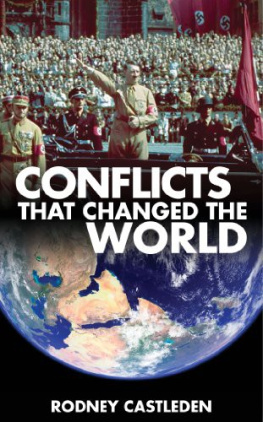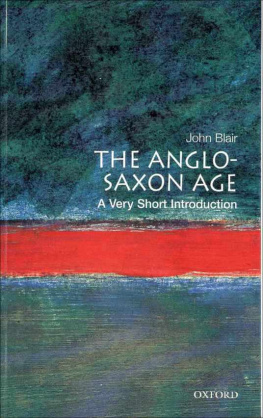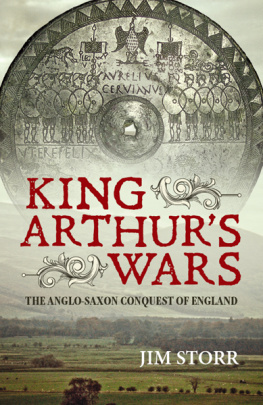God and Gold
WALTER RUSSELL MEAD is a senior fellow for foreign policy at the US Council on Foreign Relations. He writes regularly for Foreign Affairs and is a contributing editor on the Los Angeles Times.
Mead is a scintillating writer. Niall Ferguson, Financial Times
Walter Russell Mead, among our greatest writers and experts on global affairs, brilliantly tackles one of the biggest historical questions of our age: what accounts for the ascendancy of the British and American systems during the past three centuries? He ties together religion, individualism, capitalism, and liberal democracy in a brilliant manner, and then proceeds with caution to assess what the future holds. His sweeping and compelling book will join the handful that puts in context the political and cultural trends of our era. Walter Isaacson
Clever, malevolent and with spare time on his hands, Osama bin Laden is supposed to read a lot. If the CIA wants to demoralize and to distract him, it might make sure he gets a copy of Walter Russell Meads new book. Economist
Also by Walter Russell Mead
Mortal Splendor:
The American Empire in Transition
Special Providence: American Foreign Policy and
How it Changed the World
Power, Terror, Peace, and War:
Americas Grand Strategy in a World at Risk

First published in the United States in 2007 by Alfred A.Knopf,
a division of Random House, Inc., New York.
First published in Great Britain in 2007 by Atlantic Books,
an imprint of Grove Atlantic Ltd
This edition published in Great Britain in 2014
by Atlantic Books Ltd.
Copyright Walter Russell Mead, 2007
The moral right of Walter Russell Mead to be identified as the author of this work has been asserted in accordance with the Copyright, Designs and Patents Act of 1988.
Founded in 1921, the Council on Foreign Relations is an independent, national membership organization and a non-partisancentre for scholars dedicated to producing and disseminating ideas so that individual and corporate members, as well as policy makers, journalists, students, and interested citizens in the United States andother countries, can better understand the world and the foreign policychoices facing the United States and other governments. The Councildoes this by convening meetings; conducting a wide-ranging Studiesprogramme; publishing Foreign Affairs, the pre-eminent journal coveringinternational affairs and US foreign policy; maintaining a diverse membership; sponsoring Independent Task Forces;and providing up-to-date information about the world and US foreign policy on the councils website, www.cfr.org.
All rights reserved. No part of this publication may be reproduced, stored in a retrieval system or transmitted in any form or by any means, electronic, mechanical, photocopying, recording, or otherwise, without prior permission both of the copyright owner and the above publisher of this book.
Every effort has been made to contact copyright holders. The publishers will be pleased to make goodany omissions or rectify any mistakes brought to their attention at the earliest opportunity.
ISBN 9781843547259
eISBN 9781782396000
A CIP catalogue record for this book is available
from the British Library.
Atlantic Books Ltd.
Ormond House
2627 Boswell Street
London WC1N 3JZ
www.atlantic-books.co.uk
To the memory of Scott Thorne OBrien,
And to Becca, Tim, and Michael
God moves in a mysterious way
His wonders to perform;
He plants his footsteps in the sea
And rides upon the storm.
WILLIAM COWPER, 1779
Contents
Preface to the UK Edition
T here are three leading points of view about the special relationship between the United States and Great Britain. They are all wrong.
The first view holds that maintaining the special relationship with the United States requires Britain to support the United States no matter whatand the special relationship is Britains best chance to influence world events and exercise more influence than a country with 1% of the worlds population and about 3% of its GDP might reasonably hope to do. From this perspective, Britain should cling as tightly as possible to Americas skirts.
A second holds that the special relationship is a bewitching illusion causing feckless British politicians to delude themselves into thinking that robotic conformity with American policy is somehow in Britains best interest. In reality, this second view holds, the Americans will not pay a fair price for Britains support and, far from enhancing Britains clout, the perception that London is Uncle Sams lap dog actually reduces Britains international prestige. Those who take this second view usually propose a closer relationship with Europe as Britains best alternative.
The third, more American view reflects a comment the former American Secretary of State Dean Acheson made about Britain in 1962. Britain, said Acheson, has lost an empire, but not yet found a role. Like many American observers, Acheson saw the UK trapped between two unsatisfactory options. Staying close to the United States brought Britain little respect or consideration from the Americans, but British efforts to place itself at the heart of EU affairs foundered on the close and exclusive relationship between Germany and France. The American aircraft carrier did not care much whether the British man o war came wallowing in its mighty wake; the European bicycle did not need a third wheel. From this perspective, it hardly matters what Britain does; it is fated to oscillate unhappily between an uncaring America and an unwelcoming Europe.
All these views have something to recommend them. Britain probably does enjoy more attention globally because of its close relationship with the United States. It was, however, not easy for Tony Blair to describe exactly what concessions he extracted from George W. Bush in exchange for Britains unflinching support for the invasion of Iraq. And looking at the twists and turns of British foreign policy for the last fifty years, it is difficult to avoid the conclusion that neither Europe nor the United States is as thrilled by the prospect of British support as British prime ministers might wish.
Where these three views go wrong is in the common, underlying assumptions they make about the special relationship between the two countries and about the sources of British power in the contemporary world.
To begin with, the special relationship is not a voluntary choice like a friendship between two people with similar tastes; it resembles more the relationship between cousins who work in a family firm. We can be as annoyed with each other as we like, and even temporarily estranged, but the family tie is still there. We may have different views about how the family company should be managed, and we are both capable of trying to extract the maximum advantage in a quiet but sometimes sharp competition with each other, but the prosperity and security of both cousins remains tied to the health of the firm. We may both have interests and relationships outside the family and firm, and we may each belong to clubs from which the other is excluded, but the commonalities in our backgrounds, our interests, and our priorities have a way of making themselves feltand the family resemblance is so strong that even our most casual acquaintances can see that we are related.
The special relationship is less a result of policy choices made by either the British or the Americans than it is the cause of the similar choices the two countries so frequently make. America and Britain do not always see things the same way, and even when they agree on what needs to be done they often disagree quite bitterly over how to do it. Yet over time, and taking the world as a whole, the chief Anglo-Saxon powers, as their rivals often describe them, tend to reach similar if not identical conclusions about what needs to be done.

